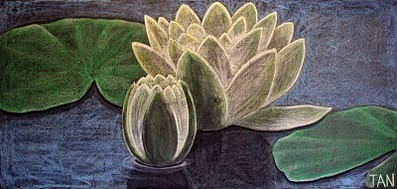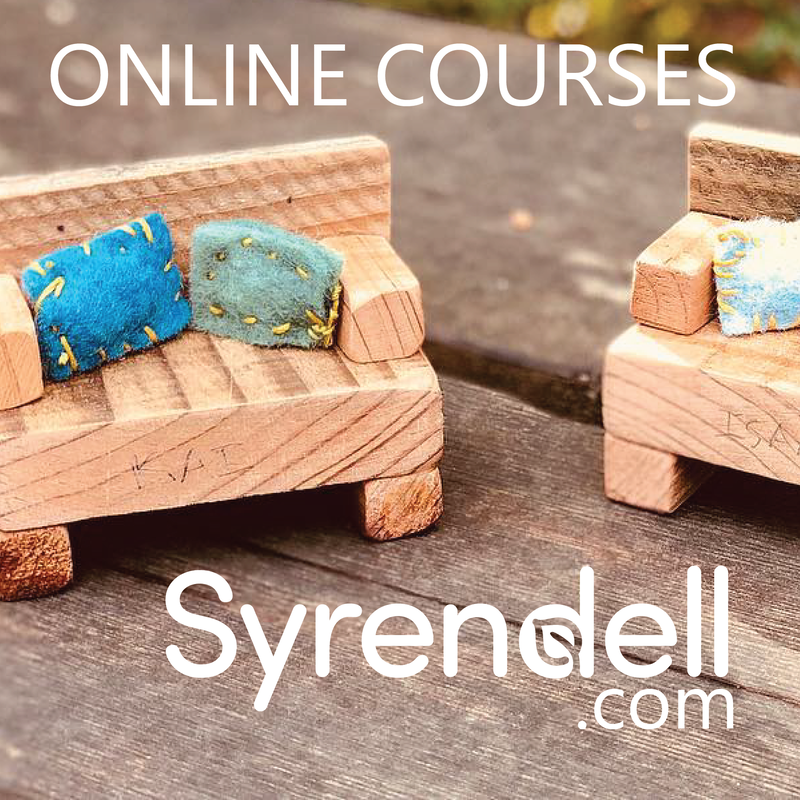|
This is a re-post from The Waldorf Way, October 4, 2009:
Once we develop these inner qualities, we stand above all the dangers that can arise from the division in human nature. We can no longer stray from the path. These qualities, therefore, must be formed with the greatest precision. Then we enter the esoteric life. -Steiner, Berlin, December 7, 1905 Steiner describes a series of qualities that are essential to our growth and development. Inner work is a major construct of anthroposophy, and one can easily understand the importance of it for the Waldorf classroom teacher, and for anyone else who wants to work on their inner Self. The six essential qualities are as follows: 1. Control of Thoughts. Mastery of one's own thoughts begins with setting aside a short time each day to focus consciously on a thought, placing it center in one's mind, and actively arranging other thoughts related to it in a logical manner. This exercise creates order within one's intellectual capacity. 2. Self-Initiated Action. Often, our actions are a result of reactive circumstances, obligations to work and family, and environmental stimuli. This exercise asks one to initiate an activity or task that is derived solely from one's own inner drive, creating a connection with the individualistic, unique Self. 3. Evenness of Feelings. Steiner describes it as detachment or imperturbability. One simply practices in regulating emotions to weather the ups and downs of life. Also, it describes the ability to take an objective perspective to evaluate the circumstances and surroundings. Sometimes, it helps to step outside of the self to see clearly. 4. Goodness of a Thing. In everything, there is goodness. One must practice in seeing the silver lining in every situation that arises. We are confronted every day by what appears to us as negativity. It is a higher state to see the positive within it. 5. Having Faith. In the esoteric sense, this means that every new experience is met with openness. One must practice in avoiding past events and circumstances to color how one may approach a new idea or thought or concept. This allows you more freedom to experience the fullness of the world. You become fearless. 6. Balance. This is key to any esoteric or practical training. One must practice in harmonizing activities so that there is time for meditation, for practicing these exercises, for family, and everything else that develops a person into a fully functioning human being. Author's Note, February 24, 2016: Teacher training at Rudolf Steiner College was like being at a gateway to a hidden garden. Standing at that gateway looking in, I was in awe of the colorful world of Waldorf. When I entered the garden, I was given the opportunity to uncover its roots - anthroposophy, and sample its fruits - Waldorf teaching. The garden, as I had realized, was immense! The gardener, Rudolf Steiner, had quite a green thumb, having fed this garden with a veritable stew of Eastern and Western philosophy and spirituality and science and initiate inspirations. The garden is beautiful and demands to be shared beyond the walls of Waldorf. Anyone who believes that inside him or herself resides a divine, creative universe will understand what Steiner was telling everyone: reach in, and you will find the artist of your life's canvas. Comments are closed.
|
Archives
June 2023
|



 RSS Feed
RSS Feed
